Call for electoral reforms comes to the fore
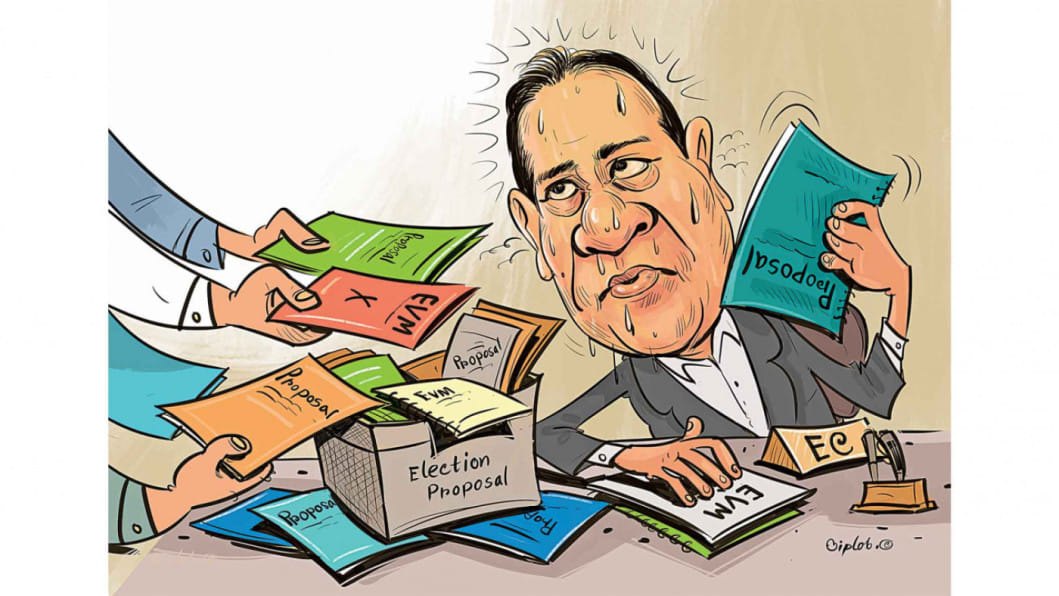
"We heard your proposals and took notes. We will review these thoroughly and let you know our opinions,"
From a staggered national election to a proportional representation system -- the Election Commission has been flooded with a whopping number of proposals placed by 28 political parties on the electoral reforms during the recently concluded dialogue.
The parties suggested deploying "capable" EC officials as returning officers in place of the deputy commissioners, installing CCTV cameras in and outside of all polling centres, introducing e-voting and banning the use of religion in the election.
In their justification, the political parties said these proposals were crucial for holding the next parliamentary polls in a free, fair and credible manner.
Chief Election Commissioner Kazi Habibul Awal assured the political parties that they would review the proposals.
"We heard your proposals and took notes. We will review these thoroughly and let you know our opinions," he said on the last day of the dialogue held at the EC office in the capital on July 31.
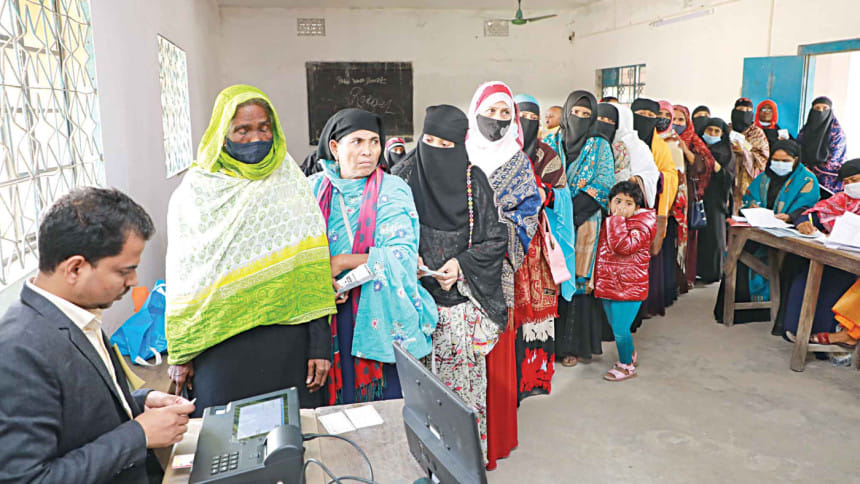
Contacted, Election Commissioner Md Alamgir said, "We will consider with an open heart the proposals which fall under the jurisdiction of the Election Commission.
"But some of the proposals are tough or virtually impossible to implement right now -- for example, introduction of e-voting or online voting. It will require time."
He, however, said some of the recommendations do not fall under the jurisdiction of Election Commission and those will be forwarded to the authorities concerned if the commissioners reach a consensus.
"But we will not make any recommendations in favour or against those."
The EC invited all 39 registered political parties to a series of talks beginning on July 17, seeking their suggestions. And 28 political parties turned up and placed around 400 proposals.
Nine parties, including the BNP, skipped the dialogue while two wanted to sit on different dates.
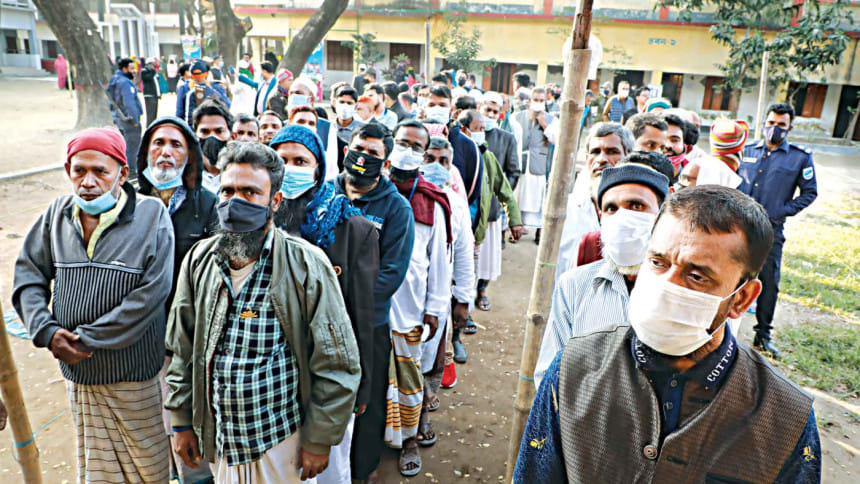
This newspaper collected proposals of all 28 political parties. Ten of them have sought a polls-time government under interim, caretaker or all-party system.
Jatiya Party (Ershad) in its suggestions called for enactment of a law to give the EC more power to take action against election officials for failing to perform duties or indulging in irregularities.
The ruling Awami League proposed that public servants -- not officials of non-government organisations -- be made presiding officers and polling officials.
Five parties that sought proportional representation system are JP-Ershad, Workers Party of Bangladesh (WPB), Bangladesh National Awami Party (Bangladesh NAP), Bangladesher Samyabadi Dal and Revolutionary Workers Party of Bangladesh.
Currently, voters cast their votes for a candidate of their choice, and the candidate who receives the most votes wins. In the proportional representation system, seats in parliament are allocated to a party in proportion to its share of the popular vote.
On this issue, Alamgir said a constitutional amendment will be required to introduce a proportional representation system.
Four political parties demanded a staggered national election, which at present takes place in one day. One of the four is Bangladesh Tariqat Federation which wanted the polls in two or three phases.
Islamic Front Bangladesh suggested the election be held in three days and National Democratic Movement (NDM) more than one day. Bangladesh Jatiya Party (Mukit) said the election should be held division-wise and results will be announced in one day.
About the staggered election, Alamgir said it can be held within the framework of existing electoral law. "Several parties put forward this proposal. There are some positive and some negative sides of the system; we have to analyse it."
An election commissioner on condition of anonymity said there is hardly any chance of introducing a staggered national election right now.
Five parties -- National People's Party (NPP), Islamic Front Bangladesh, Bangladesh Khelafat Andolon, Bangladesh Islamic Front and NDM -- demanded appointment of "capable" EC officials as returning officers in place of deputy commissioners.
"There is no legal bar to appointing election commission officials as returning officers. The commission will not appoint anyone as returning officer who does not have the capacity and skill to conduct polling," Alamgir said.
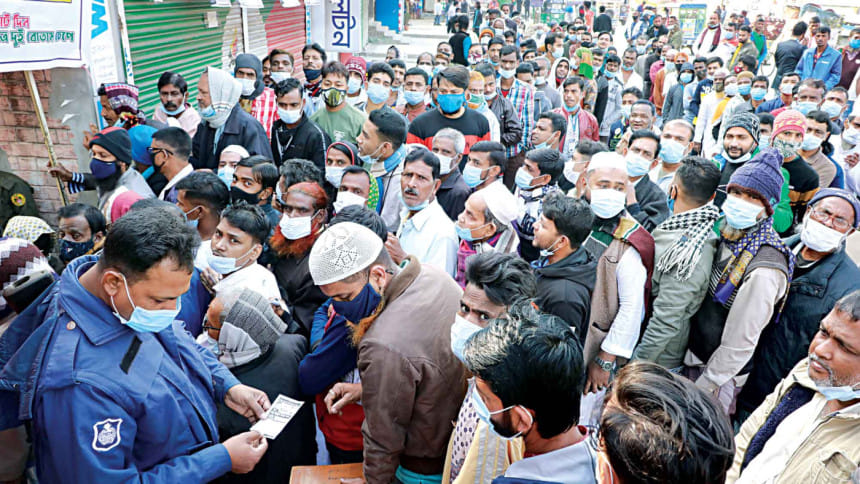
Nine political parties -- Bangladesh Muslim League, Bangladesh NAP, NPP, Bangladesh Khelafat Andolon, Bangladesh Islamic Front, Khelafat Majlis, Islami Oikya Jote (IOJ), Jatiya Party (Mukit) and Bangladesh Khelafat Majlis -- recommended installing CCTV cameras in and outside the polling centres for monitoring of election atmosphere.
Bangladesh Muslim League, Revolutionary Workers Party and Jatiya Party (Mukit), called for reintroduction of "no vote". Several parties, including Zaker Party and Jatiya Party, recommended e-voting.
Bangladesh Khelafat Andolon demanded holding re-election in a constituency if someone is elected there unopposed.
Several parties proposed controlling excessive electioneering expenditure. Workers Party and Gono Forum suggested designated officials monitor the expenses and submit a time-to-time report to the EC.
Workers Party and National People's Party recommended adding voter verifiable paper audit trail (VVPAT) to the EVMs.
VVPAT is a method of providing feedback to voters. It is intended as a verification system for voting machines to allow voters to verify that their vote was cast correctly and provide a means to audit the stored electronic results.
Alamgir said the commission will solicit opinions of technical experts whether it is possible to add VVPAT to the EVMs.
Now questions remain to what extent the EC can carry out the reforms sought by the political parties.
"We are doubtful that the Election Commission will be able to do something about the suggestions made by the Jatiya Party or other parties, even though they are cordial," Jatiya Party (Ershad) Secretary General Mujibul Haque Chunnu said.
The existing electoral system, officials who perform election duties are bound to hear the instructions of the EC. "But the commission will not be able to do anything if the election officials do not obey the commission's order. The commission usually sends the allegations to the executive for steps but the executive hardly responds to it," he said.
"That is why we called for enacting a law to give the commission more power to take action against election officials for failing to perform duties or indulging in irregularities."
Gono Forum Executive President Mukabbir Khan has almost the same doubt.
"We have very much doubt if the Election Commission will be able to do many things. We have seen that previous commissions have been subservient to the government, and they work in line with the wishes of the government," he added.

 For all latest news, follow The Daily Star's Google News channel.
For all latest news, follow The Daily Star's Google News channel. 



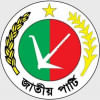




Comments